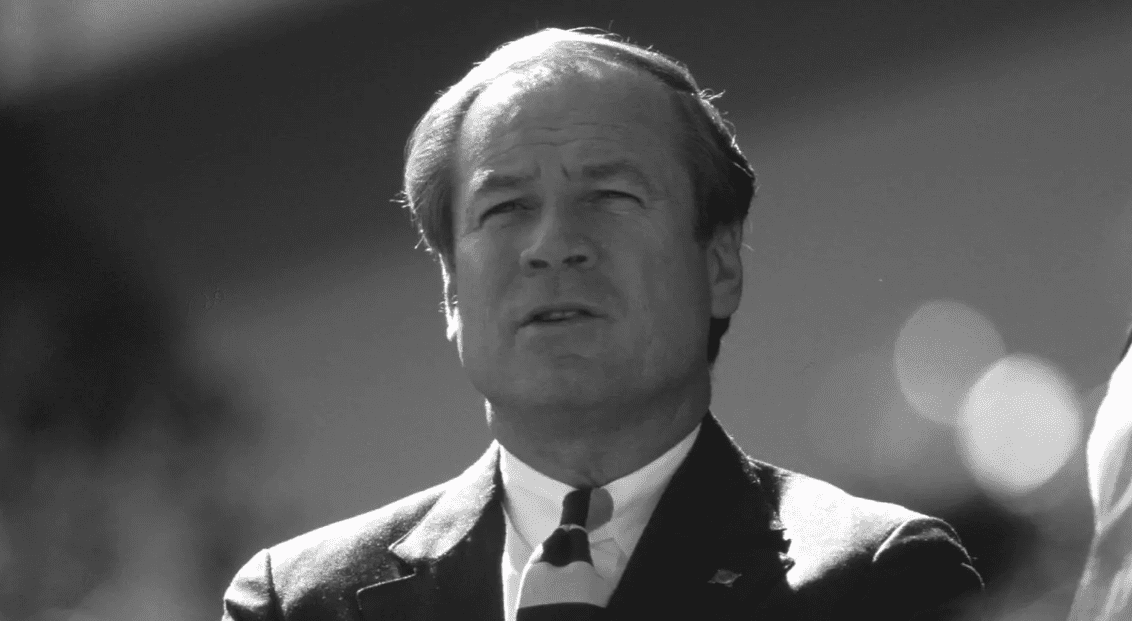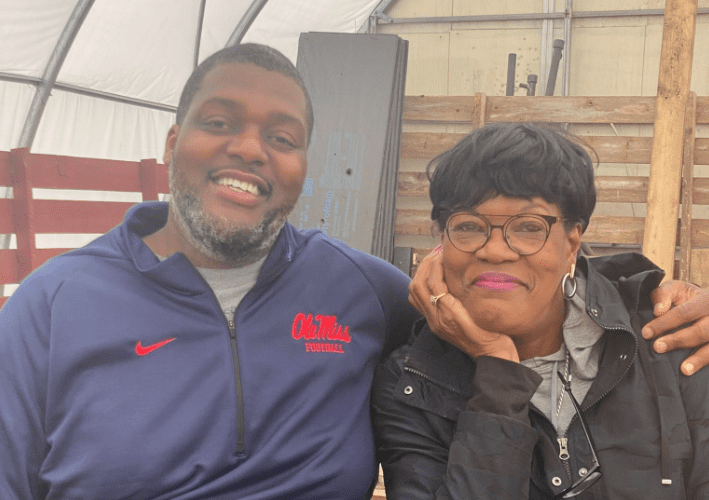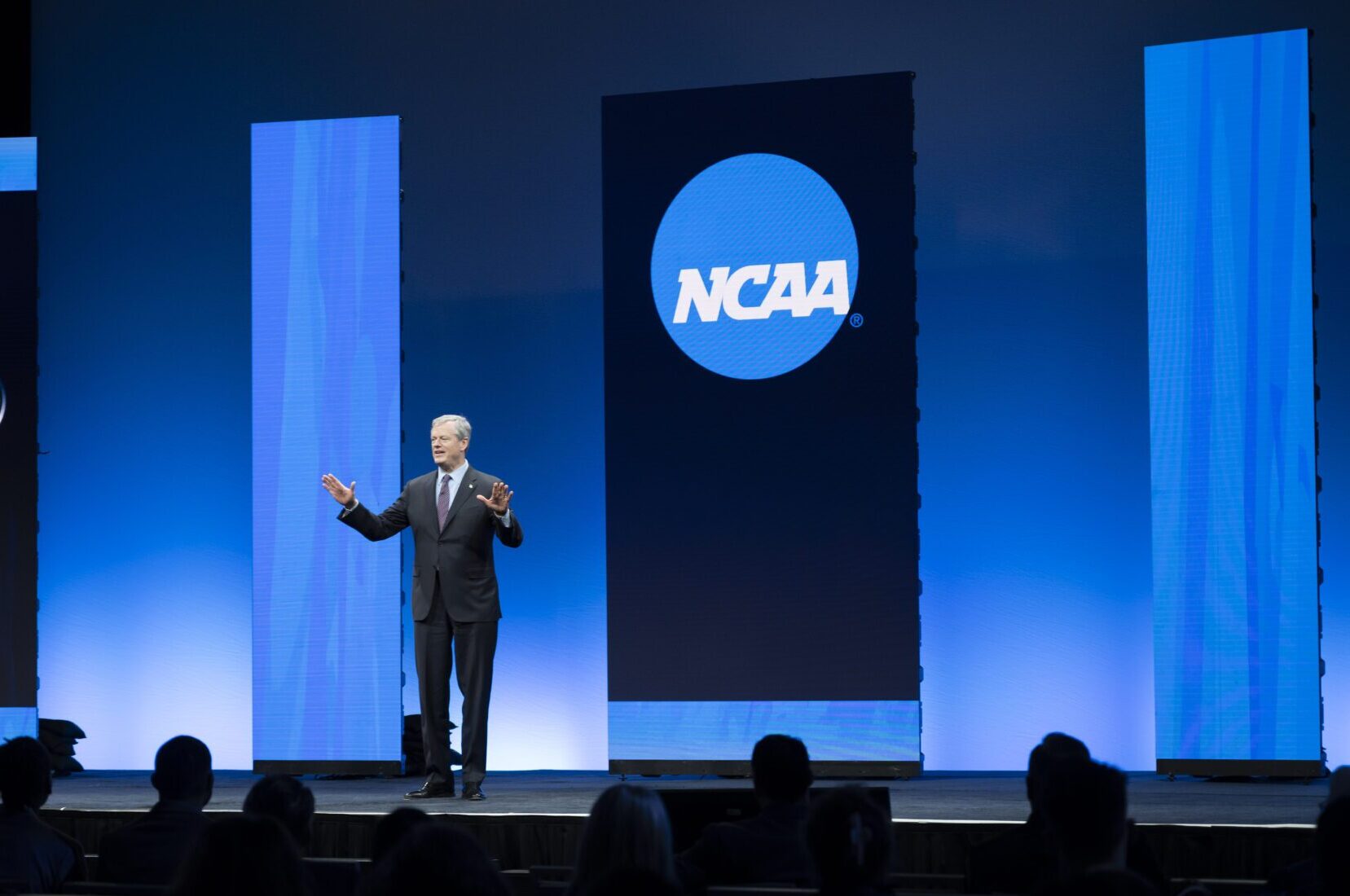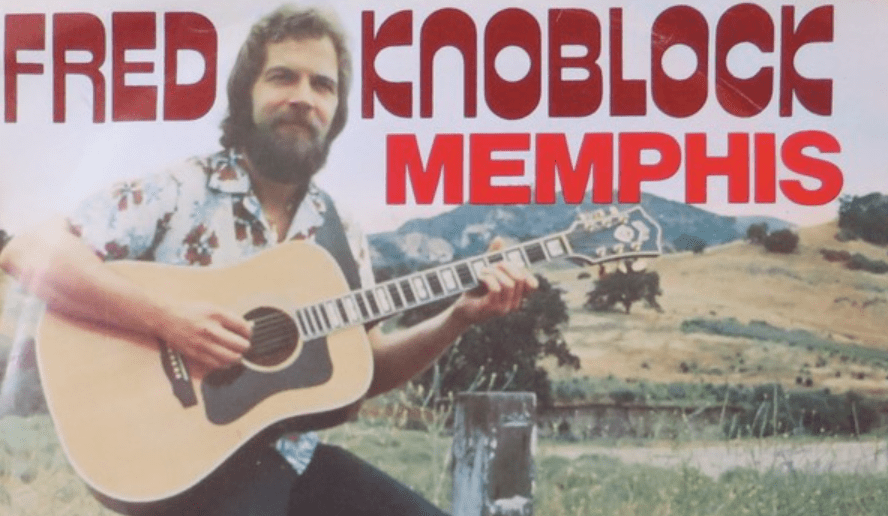
Larry Templeton (Photo from HailState Athletics website)
- Larry Templeton talks the state of college athletics. He expects the SEC and Commissioner Greg Sankey to step up and develop a plan.
If you fondly remember a time when “Senior Day” was celebrated by players who had been on campus for four years, Larry Templeton knows where to place the blame.
Maybe you think college athletes sharing in the riches they produce is right and just but that Name, Image and Likeness has gone off the rails.
Maybe the modern landscape is a mess with a two-team Pac-12 and a looming super conference showdown.
Templeton can help you target your frustrations.
It’s all his fault.
Not his alone, of course. It’s hard to reach this intersection with just one man or woman at the wheel.
There are lots of fingerprints on this malfunction, but his are there.
You reap what you sow, he says.
“Those of us who were in leadership of intercollegiate athletics failed the system. We sat there and let this happen. It’s the reason we’re in this predicament today,” said Templeton, a Starkville native and the athletics director at his alma mater, Mississippi State, from 1987-2007.
Templeton: Athletic leaders ‘sat there and let this happen’
“I used to feel strongly that we were academic institution-based with amateur athletes, but because of the way we led, I’m totally convinced I’m on the side of the student-athlete now. They deserve everything they’re getting, and we, as athletic leaders, deserve everything we’re having to deal with. The leadership of the NCAA and the leadership of those of us involved in athletics saw this coming. We had a system in place. We couldn’t change it. Through our lack of taking control, of changing our system, we just sat there and let this happen,” Templeton said.
The good news, he says, is that the current state of NIL and the Transfer Portal that have changed so much of college athletics will not stand and will not ruin what so many love along the way to … whatever. We’ll get to that rosy outcome in a bit.
Templeton never transferred. He lives in Starkville to this day.
He doesn’t begrudge athletes some freedom of movement, something different than the rigid NCAA guidelines before the existence of the Transfer Portal when a player who changed schools had to sit out a year.
Players could apply for a waiver if they felt special circumstances applied to their case, but getting a ruling from the NCAA could be painstakingly slow.
The NCAA sought to correct that with the portal, but is the JT Daniels experience the answer? A former national high school player of the year, Daniels, signed with hometown school USC in 2018 and played with Georgia, West Virginia and eventually Rice where he finished up last year as a graduate student.
“One of the things I cherish most are the number of first-time players, family members that we assisted through a scholarship to get a college degree from Mississippi State University. I cherish that. The most common thing when I run into these athletes that have been away eight, 10 or 15 years, they remark not about ‘You gave me an opportunity to play athletics,’ but ‘Thank you for your leadership and helping guide my teammates and me to get a degree and what that’s meant to my family and to me.’”
The Daniels experience is an extreme example, but a federal judge ruled last December that athletes can transfer more than once, at least through the current semester while a lawsuit gets sorted out.
A decision to transfer can be driven by any number of things that in the old days often could be boiled down to personality differences between coach and player.
Today there’s a new common denominator: NIL money.
Templeton says it’s driving good people from the business. One very high profile now former coach comes to mind.
Nick Saban left the game at 72, hardly an early retirement, but Saban comes across as a young 72 with more to give.
Why Nick Saban left the game
In March testimony before Congress about the state of college athletics he had this to say:
“All the things that I believed in for all these years, 50 years of coaching, no longer exist in college athletics. It always was about developing players, about helping people be more successful in life.
“My wife even said to me, we always have all the recruits over on Sundays for breakfast, and she would meet with the mothers to talk about how she was going to help impact their sons and how they would be well taken care of. She came to me right before I retired and said, ‘Why are we doing this? All they care about is how much are you going to pay them. They don’t care about how much you’re going to develop them, so why are we doing this?’” he said.
Market Watch, an online business and finance news outlet, last October listed 10 athletes making more than $1 million in NIL deals. Three of them were SEC athletes, but only one played football.
An online news story recently quoted an anonymous booster – the booster is always anonymous, right? – who said, and I paraphrase here: “I used to give for the development of the program. Now I’m asked to give so someone can have a new Land Rover.”
“That’s the way they feel, no question,” Templeton said. “The biggest challenge is trying to figure out how to manage it, how to be successful and do the right thing. Right now it’s just a runaway train.”
Templeton managed athletics in a different era. Media rights fees had not yet exploded. Problem-solving meant something more than throwing cash at the source.
“My generation was all about relationships, being a family, taking care of one another and helping athletes get a degree. Now it’s not even year-to-year, it’s month-to-month,” he said.
The silver lining in all of this, Templeton says, is that the Southeastern Conference is still strong.
While traditional blue blood programs end decades-long alliances and jump to different conferences Templeton is proud to point out that each time the SEC has expanded it has been with a state to which it was already connected geographically.
“Expanding “just made sense” every time the SEC enlarged its borders, Templeton said, “unlike some of these other conferences that are going to have teams on the West Coast going to play teams on the East Coast in the same conferences. It’s just unimaginable to me.”
The SEC will lead
Templeton can, however, imagine the SEC taking the lead on reigning things in.
What that looks like remains to be seen. Maybe the future includes two major super conferences call their own shots with the NCAA overseeing a cast of smaller schools that currently make up Division I.
“There’s got to be some leadership that steps up, and I truly expect Greg Sankey and the Southeastern Conference will develop a plan. I don’t know what the plan is. I’m not sitting in those rooms, but I assure you the Southeastern Conference isn’t just sitting there saying, ‘Well, this is the way it is, and we’re just going to let it happen,’” Templeton said.
“With the NIL and Transfer Portal you’re not thinking about a head-on collision. You’re thinking about two trains running off the track in opposite directions. It’s not sustainable, it’s out of control, but we created it, and it’s up to us to solve it.
“The Southeastern Conference will lead it as soon as they get the details of a plan worked out.”











